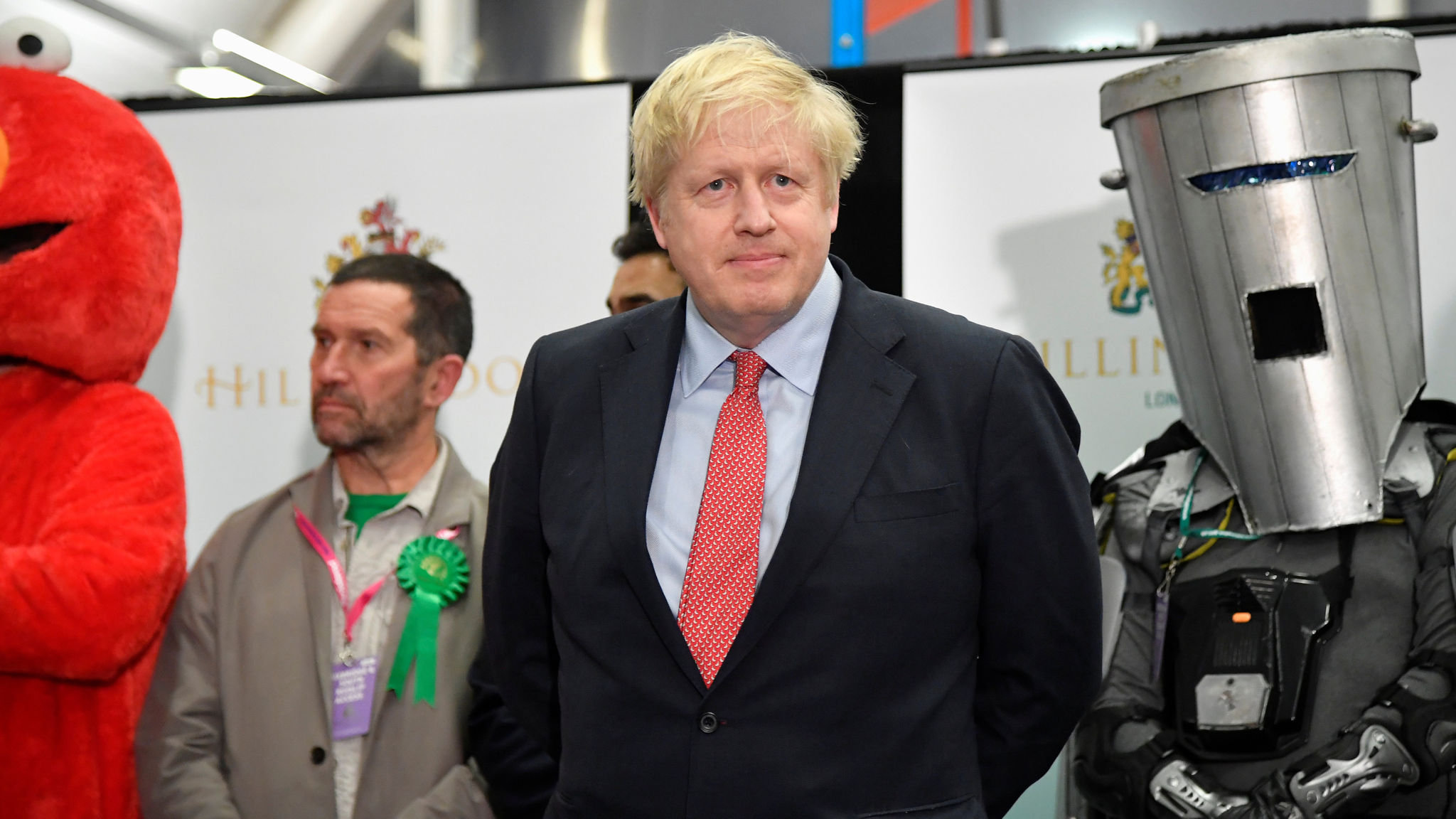Tory voters now want higher taxes to improve public services and a more equal society, says a report warning Boris Johnson not to neglect his “Red Wall’ gains.
They “lean to the left on the economy”, but to the right on socio-cultural issues, the study argues – also demanding a government that is tough on crime and immigration.
Most of those live in the so-called “Red Wall” seats of the North, dramatically snatched from Labour, but – happily for Mr Johnson – their priorities are shared by his “traditional voters”.
“A year on from the election, it is fashionable to say Boris Johnson must choose between loyal voters in the South and new voters in the Red Wall. This is a false choice,” said Will Tanner, Onward’s director.
“They both want a government that is tough on crime and immigration, that delivers Brexit and which is willing for the state to intervene to fix problems in the economy.”
The findings go to the heart of the dispute, bubbling under the surface, between the prime minister and his chancellor, over how to restore the public finances wrecked by Covid-19.
Rishi Sunak, a traditional small-state Tory, is likely to favour spending cuts over tax hikes – while Mr Johnson has renounced the years of austerity and will be keener to open the purse strings.
The Onward research, based on interviews with 12,000 people before and after last December’s poll, showed there was “no turning back”, Mr Tanner argued.
The Conservatives could only be certain of victory at the next election, in 2024, if they delivered on their pledge to “level up” the country – rather than try to appeal to “the Notting Hill set”.
“The party’s new coalition is not only more working class and provincial than before, it is more culturally coherent as a result,” Mr Tanner argued.
“There is no clear distinction between the values of more traditional Tory voters in the South and first-time voters in the North and Midlands.
“This agenda may not win back metropolitan areas like Battersea or Brighton – but those are yesterday’s battlegrounds not tomorrow’s. There can be no turning back.”
The think-tank said only a 4.3 per cent swing to Labour would be needed to generate a hung parliament in 2024.
However, Keir Starmer’s party faced greater challenges with its coalition of voters, which is “heavily split” between moderates and those “radically left-wing on the economy and liberal on social issues”.
The study argued Sir Keir most adopt more right-wing economic and cultural policies – or be stuck on no higher than 37 per cent of voters, winning no more than 260 seats.























































